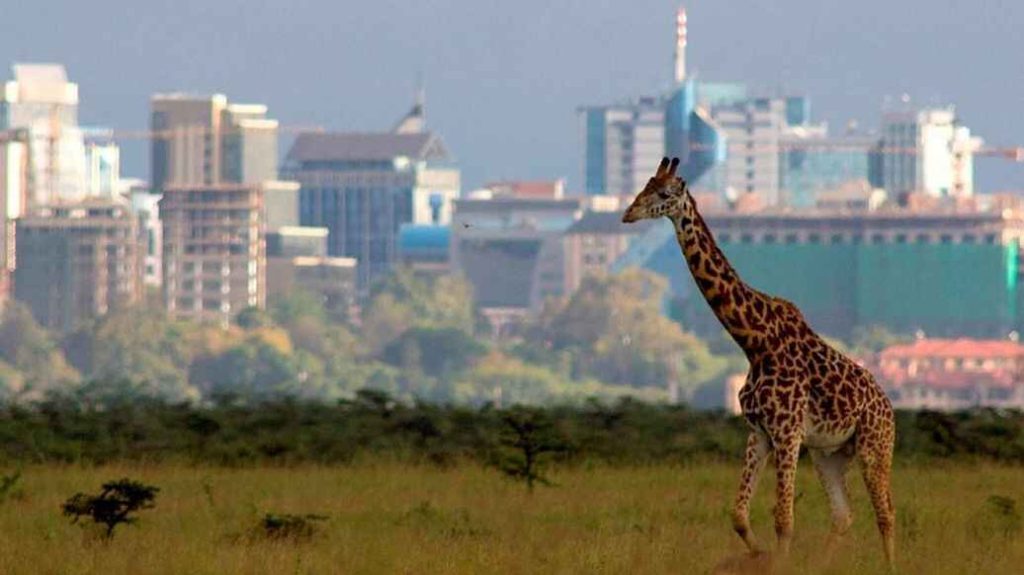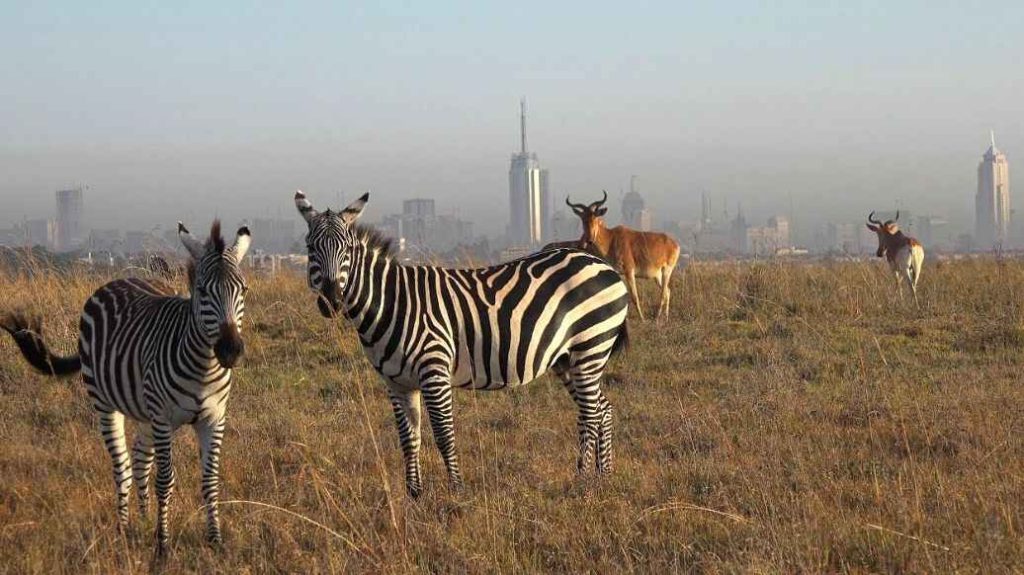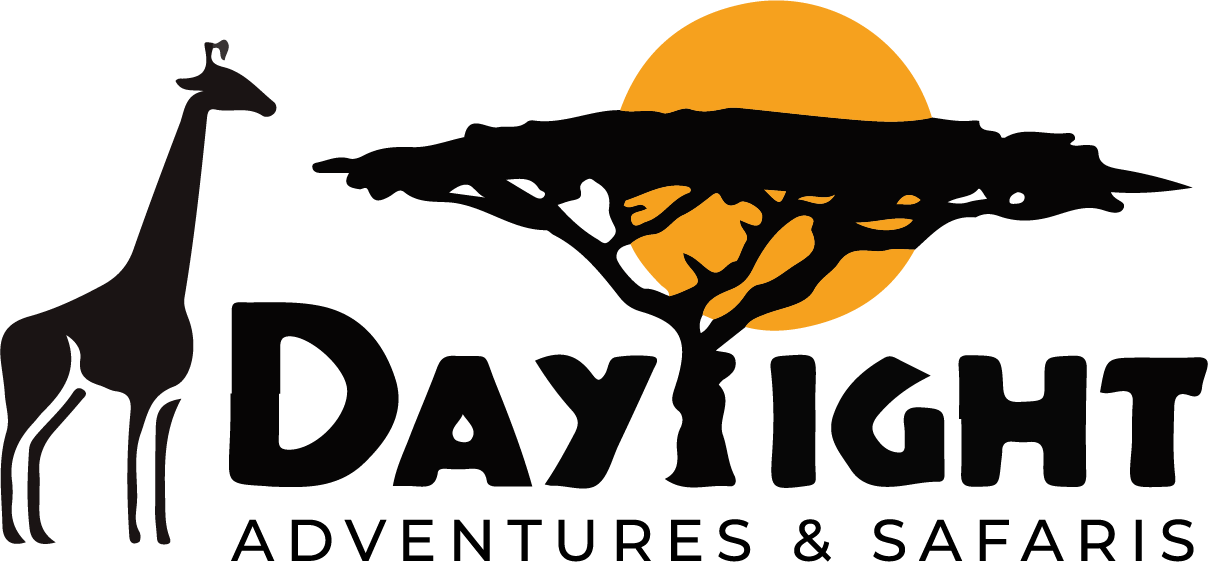Nairobi National Park
DESTINATION DETAILS
About Nairobi National PArk
Nestled just south of Nairobi, a mere 4.5-mile drive from the city center along the A104 road, Nairobi National Park stands as a remarkable testament to the harmonious coexistence of wildlife and urbanity. Spanning approximately 45 square miles at an elevation of 5,500 feet above sea level, this unique sanctuary comprises expansive savannas, interspersed with pockets of woodlands and meandering river valleys.
Established as a National Park in 1946, Nairobi National Park holds the distinction of being one of the few wildlife reserves in such close proximity to a capital city. Its rich history unfolds with notable landmarks such as the Nairobi Animal Orphanage, founded in 1963, which serves as a vital rehabilitation center for diverse wild species. The park also features the poignant Ivory Burning Monument, erected in 1989 by President Daniel Arap Moi to commemorate the symbolic torching of 12 tonnes of ivory in a resolute stance against rampant poaching.
To explore this natural treasure trove, visitors can choose from various entry gates, including the Main Gate, Langata Gate, Masai Gate, Cheetah Gate, and East Gate. Whether arriving by road or air, with options such as Wilson Airport or Jomo Kenyatta International Airport, accessibility is convenient, ensuring a seamless transition into the wilderness.
Optimal visiting seasons coincide with the dry, winter months from June to August, offering mild temperatures and abundant sunshine ideal for safari adventures. For those seeking to avoid crowds, the spring months of May or the fall months of October and November present opportune times to savor the park’s tranquility.
The park’s allure extends beyond its convenient location and historical significance, as it hosts a diverse array of wildlife, including four of the renowned “Big Five” animals. From graceful giraffes to elusive hyenas, the plains teem with life, with the park’s fenced boundaries facilitating the movement of wildlife between its borders and the Kitengela Plains.
Embarking on a game drive within Nairobi National Park unveils breathtaking vistas of vast plains punctuated by acacia trees and meandering rivers. Guided by seasoned Kenya Wildlife Guides, visitors can traverse the park’s trails, encountering wildlife up close while relishing the natural splendor enveloping them.
Highlights within the park include the Kifaru Ark, a sanctuary dedicated to the rehabilitation of black rhinos, and the Nairobi Animal Orphanage, offering intimate encounters with a myriad of animals. Trail walks near the Hippo Pools afford glimpses of diverse fauna, from wildebeests to crocodiles, amidst the picturesque backdrop of the park’s serene landscapes.
In essence, Nairobi National Park offers a captivating blend of wildlife immersion, historical significance, and natural beauty, making it an unparalleled destination for unforgettable safari experiences.


The ideal time to visit Nairobi National Park is during the dry winter months from June to August, offering mild temperatures, abundant sunshine, and optimal wildlife viewing opportunities.
Home of
Black rhino, lions, leopards, cheetahs, hyenas, buffaloes, giraffes and diverse birdlife
Peak Time
Jul - Oct
Famous For
Kenya’s first National Park
Best Time to Visit
Jul - Oct, Jan - Feb
FAQs
Is It Worth Going To Nairobi National Park?
Yes, it’s worth visiting for its unique location next to a capital city and diverse wildlife.
How Much Does It Cost To Go To Nairobi National Park?
The entry fee is around $60 for non-residents as of 2024.
Why Is Nairobi National Park Unique?
It’s one of the few capital cities in the world with a national park within its boundaries.
Is It Safe To Go On A Nairobi Safari?
Yes, safaris in Nairobi National Park are generally safe with proper precautions.
Which Month Is Best For Nairobi National Park?
The dry months of January-March and July-October are typically best for wildlife viewing.
Are There Lions In Nairobi National Park?
Yes, lions, as well as leopards, rhinos, buffalos, and many other species, can be found there.
How Long Does It Take To Tour Nairobi National Park?
A basic game drive lasts around 4 hours, but you can spend a full day exploring.
How Far Is It From The City Center?
The Park is only about 9.5 km from Nairobi’s central business district via Langata Rd
Do You Need A Car For Nairobi National Park?
A safari vehicle is highly recommended, as self-driving is not permitted inside.
Can I Self-Drive At Nairobi National Park?
No, self-driving is prohibited. You must go with a tour operator’s safari vehicle and guide.
Are There Cheetahs In Nairobi National Park?
Yes, the park has a small population of cheetahs among its diverse wildlife.
What Is The Cheapest Way To Visit?
Taking a guided safari tour in a shared vehicle is the most economical option.
Is There Malaria In Nairobi National Park?
There is a low malaria risk, but precautions are still recommended.
Can You Visit Without A Car?
Yes, many city tours offer transport and guided safaris into the park.
How Much Is The Entrance Fee For 2024?
Entry fees tend to increase slightly each year, likely around $60 for foreign non-residents in 2024.
Are There Leopards In Nairobi?
Yes, leopards have been spotted within Nairobi National Park.
